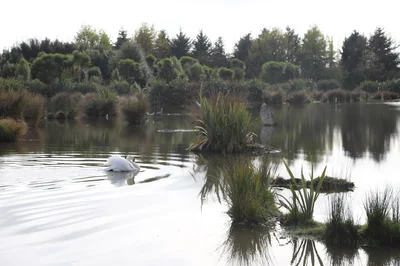Frustration over whio breeding

A local farmer turned conservationist says he's frustrated that he's not been able to get back into the whio breeding programme.
Retired Lagmhor farmer Russell Langdon wants New Zealand’s iconic blue duck return to his birdlife sanctuary at Riverbridge Conservation Park.
The sanctuary at Riverbridge started as a millennium project. It borders the south branch of the Ashburton River and earned Langdon a Queen's Service Medal in 2006 for services to conservation.
The 91-year-old has battled for more than a decade to get back into the breeding programme after Riverbridge's whio aviary was flattened in heavy snows.
The female of the breeding pair escaped - and with her went Langdon's shot at continuing to breed the nationally endangered birds.
"They accused me of letting them go."
Since then, Langdon has been unable to get the nod from the Department of Conservation to breed whio. Over the years he's petitioned the help of mayors and MPs but has yet to make headway.
A letter a few years back from Eugenie Sage's office said the then Minister of Conservation was told that Langdon did not take proper care of the pair of blue ducks.
"There was no mention of the snow causing the problem," he said.
Langdon had tried to contact the Department of Conservation several times but had never got to see or talk to the people who made the decisions.
Over the years, he'd been fobbed off with people citing "popular myths" about whio.
It's a myth that blue ducks belong in the high country, Langdon said.
"They were everywhere once. They're only in the backcountry because that is all that's left.
"Early settlers used to have blue duck shoots."
Langdon said there were diary entries of settlers having blue duck eggs for breakfast.
He wanted to bring the blue ducks back to Mid Canterbury and believed the district was missing out on an opportunity to attract tourists.
Langdon still successfully breeds weka and other endangered birds such as brown teal duck - which Langdon said is the fourth-most endangered waterfowl.
- Sharon Davis
